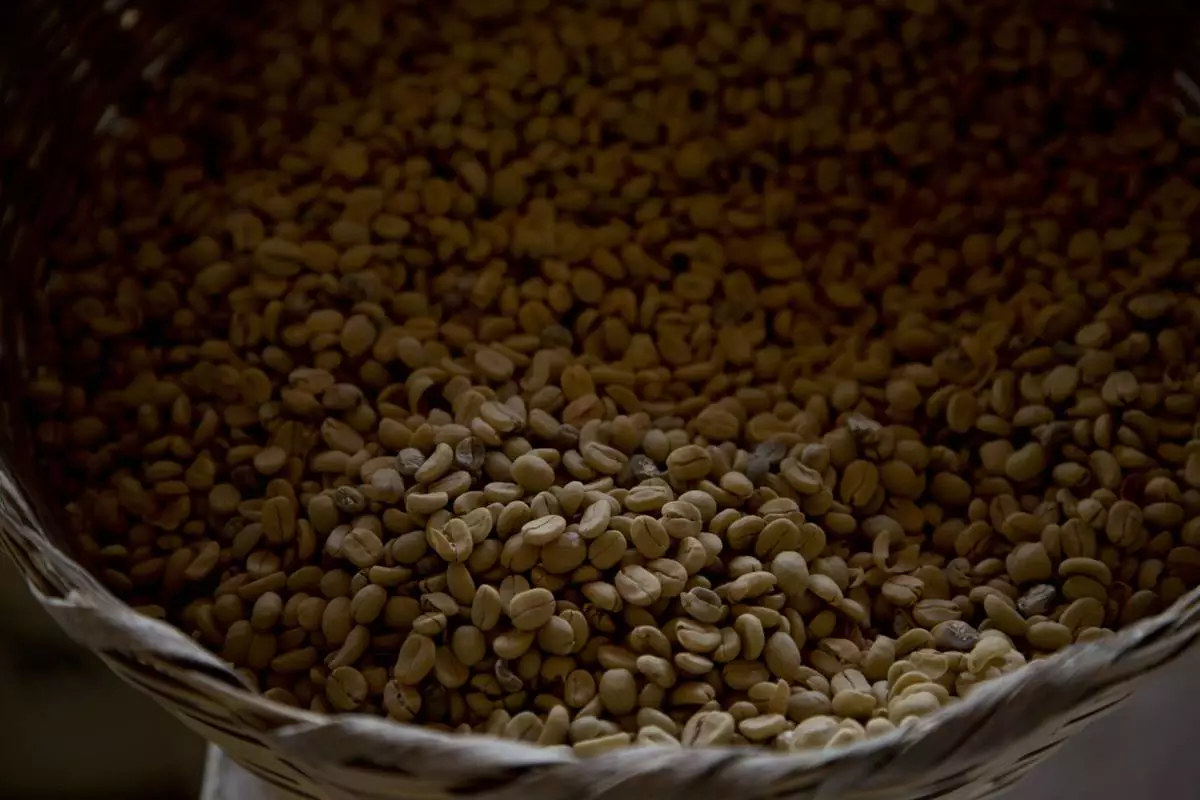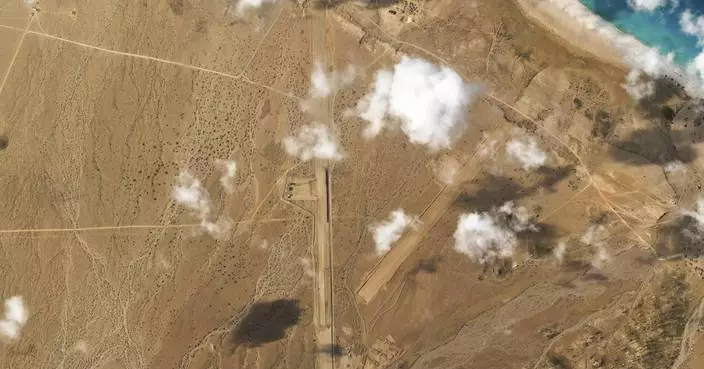An international medical relief agency said Thursday that a hospital it runs in western Yemen was damaged in a recent attack. Yemeni military officials blamed the Houthi rebels for the drone and missile attack that targeted buildings near the hospital, causing huge explosions that killed at least eight people.
In a statement, Doctors Without Borders said they closed the hospital because of the attack and that there were no reports of deaths or injuries among its patients. They were transferred to other health facilities in the Red Sea city of Mocha.
Wadah Dobish, a spokesman for Yemen's internationally recognized government, said the Houthi attack struck warehouses used by a government-allied force late Wednesday, causing a huge fire.
Doctors Without Borders, also known as MSF, says its hospital opened in August last year, offering free services to war-wounded people and surgeries.
"The patients fled after a huge explosion from the missile attacks on a weapons warehouse shook the area," Abdel-Rahman Ahmed, a general doctor at the hospital, told The Associated Press.
After five years of conflict, Yemen remains a divided country. The Iran-backed Houthis have controlled the capital, Sanaa, and much of the north since 2014. A Saudi-led, U.S.-backed military coalition has waged war against the rebels and backs the government of President Abed Rabbo Mansour Hadi.
The Saudi-led coalition began its air campaign in 2015. Airstrikes and ground combat have killed 100,000 people, including fighters and civilians, according to the Armed Conflict Location & Event Data Project, which tracks violence reports in Yemen. The war has also caused near-famine conditions in some areas.
Dobish, the government spokesman, said Wednesday's attack targeted government-aligned forces known as the Giants Brigade. He said at least three Houthi drones also took part in the attack, which caused huge explosions and fires that spread to residential areas.
Mocha, historically famous for coffee exports, is in the south of Hodeida province. The port in the provincial capital, also named Hodeida, is Yemen's most important entry point for international aid.
The port has been the center of year-long, U.N.-brokered negotiations since December for a durable cease-fire to prevent the suspension of crucial aid deliveries.
The cease-fire came months after forces backed by the United Arab Emirates, which is the main partner in the Saudi-led coalition, began an assault to push the Houthis out Hodeida in June 2018.
Wednesday's escalation could jeopardize the U.N. deal, criticized by observers as vague and hard to implement.
The hospital in Mocha is basically the only functioning facility providing support to thousands of severely malnourished children, either from the area or from among those displaced who fled to Mocha over the past year to escape fighting in other areas.
The escalation comes days after Hadi and rivals from UAE-backed southern factions signed a new power-sharing deal to ends months of deadly infighting in southern Yemen between the two members of the anti-Houthi bloc.
The U.N. Security Council issued a statement on Wednesday hailing the power-sharing agreement as "a positive and important step towards a comprehensive and inclusive political solution for Yemen."
Earlier, U.S. Secretary of State Mike Pompeo tweeted that the signatories set an example for compromise to end the conflict and achieve stability in the war-torn country.
That coffee you slurped this morning? It’s 600,000 years old.
Using genes from coffee plants around the world, researchers built a family tree for the world's most popular type of coffee, known to scientists as Coffea arabica and to coffee lovers simply as “arabica.”
The researchers, hoping to learn more about the plants to better protect them from pests and climate change, found that the species emerged around 600,000 years ago through natural crossbreeding of two other coffee species.
“In other words, prior to any intervention from man,” said Victor Albert, a biologist at the University at Buffalo who co-led the study.
These wild coffee plants originated in Ethiopia but are thought to have been first roasted and brewed primarily in Yemen starting in the 1400s. In the 1600s, Indian monk Baba Budan is fabled to have smuggled seven raw coffee beans back to his homeland from Yemen, laying the foundation for coffee’s global takeover.
Arabica coffee, prized for its smooth and relatively sweet flavor, now makes up 60% - 70% of the global coffee market and is brewed by brands such as Starbucks, Tim Horton's and Dunkin'. The rest is robusta, a stronger and more bitter coffee made from one of arabica's parents, Coffea canephora.
To piece together arabica coffee’s past, researchers studied genomes of C. canephora, another parent called Coffea eugenioides, and more than 30 different arabica plants, including a sample from the 1700s — courtesy of the Natural History Museum in London — that Swedish naturalist Carl Linnaeus used to name the plant.
The study was published Monday in the journal Nature Genetics. Researchers from Nestlé, which owns several coffee brands, contributed to the study.
The arabica plant’s population fluctuated over thousands of years before humans began cultivating it, flourishing during warm, wet periods and suffering through dry ones. These lean times created so-called population bottlenecks, when only a small number of genetically similar plants survived.
Today, that renders arabica coffee plants more vulnerable to diseases like coffee leaf rust, which cause billions of dollars in losses every year. The researchers explored the makeup of one arabica variety that is resistant to coffee leaf rust, highlighting sections of its genetic code that could help protect the plant.
The study clarifies how arabica came to be and spotlights clues that could help safeguard the crop, said Fabian Echeverria, an adviser for the Center for Coffee Research and Education at Texas A&M University who was not involved with the research.
Exploring arabica’s past and present could yield insight into keeping coffee plants healthy – and coffee cups full – for future early mornings.
The Associated Press Health and Science Department receives support from the Howard Hughes Medical Institute’s Science and Educational Media Group. The AP is solely responsible for all content.

FILE - Mohammed Fita picks coffee beans on his farm Choche, near Jimma, 375 kilometers (234 miles) southwest of Addis Ababa, Ethiopia, on Saturday, Sept. 21 2002. Wild coffee plants originated in Ethiopia but are thought to have been primarily roasted and brewed in Yemen starting in the 1400s. (AP Photo/Sayyid Azim, File)

FILE - Arabica coffee beans harvested the previous year are stored at a coffee plantation in Ciudad Vieja, Guatemala, on May 22, 2014. In a study published in the journal Nature Genetics on Monday, April 15, 2024, researchers estimate that Coffea arabica came to be from natural crossbreeding of two other coffee species over 600,000 years ago. (AP Photo/Moises Castillo, File)





